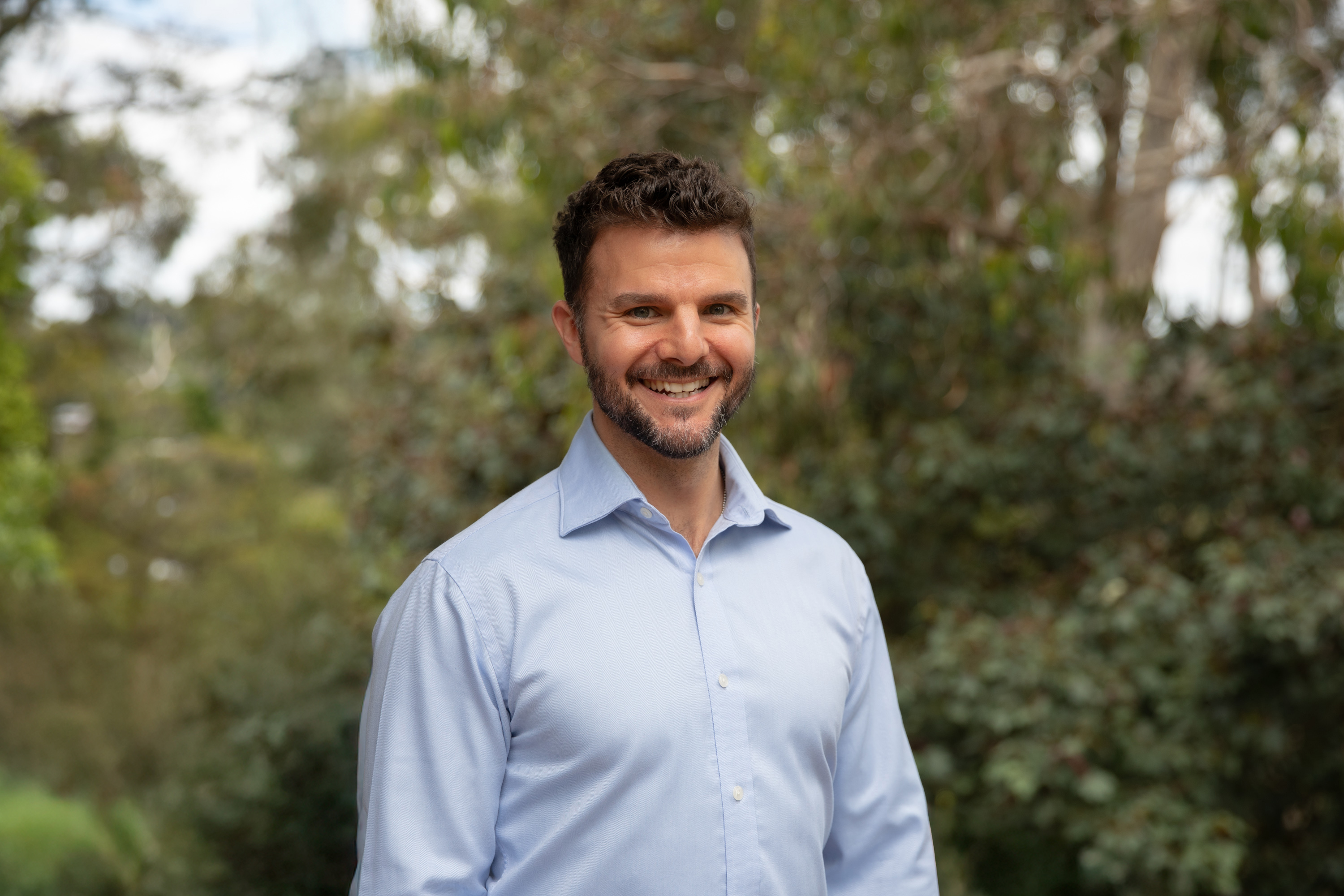This blog navigates…
“I’m Fine.” The Three Most Common Lies Men Tell.
How many times have you said “I’m fine” when you weren’t?
For many men, talking about emotions feels unnatural – or even impossible.
Not because they don’t feel things deeply. But because they’ve been taught not to.
Society has long told men to:



As a result, bottling things up feels safer than speaking out. But the truth is, avoiding emotions doesn’t make them go away – it just buries them deeper.
Let’s talk about why men struggle with emotional expression, and why breaking the silence could be the strongest thing you ever do.
Why Do Men Struggle to Open Up?
There’s no single reason why men find it hard to talk about emotions, but there are common patterns that show up again and again.


For generations, men have been conditioned to believe:


The result? Many men feel ashamed for even having emotions, let alone expressing them.
But here’s the truth: Talking about what you feel doesn’t make you weak. It makes you human.


If no one ever taught you how to name your emotions, how are you supposed to talk about them?
From an early age, many boys are encouraged to:



Over time, this leads to emotional suppression. If you don’t know how to describe what you’re feeling, it’s easier to just say nothing.


Many men are problem-solvers by nature. They’re taught to fix things, not just talk about them.
When faced with emotional struggles, men often:



But emotions don’t work that way. They aren’t problems to solve – they’re signals to understand.


A lot of men don’t talk about their emotions because they don’t want to “burden” those around them.
Thoughts like:



But here’s the thing: If you’d want your mates to talk to you when they’re struggling, why wouldn’t they want the same for you?
Real strength isn’t carrying the weight alone. It’s knowing when, how and who to ask for support.
The Consequences of Staying Silent
Bottling up emotions doesn’t make them disappear. It makes them come out in other ways.






Ignoring emotions doesn’t protect you – it just prolongs the struggle. But there’s another way.
How Counselling Can Help Men Open Up
The idea of counselling can feel uncomfortable, but it’s not about sitting on a couch and “just talking.”
It’s about:



Talking isn’t a sign of failure. It’s a skill. And like any skill, it can be learned.
Your Feelings Matter – And You Don’t Have to Handle Them Alone
Men are expected to be strong, but real strength isn’t silence. It’s having the courage to be honest.
If you’ve been struggling, it’s okay to talk; and if you don’t know where to start, that’s okay too – counselling can help.
As someone who has encountered and worked through most of the issues a lot of men struggle with – both professionally and personally – I understand what it’s like.
Book a time to chat with me and let’s get the conversation started, because your mental health matters and opening up doesn’t make you weak – it makes you stronger than ever.

